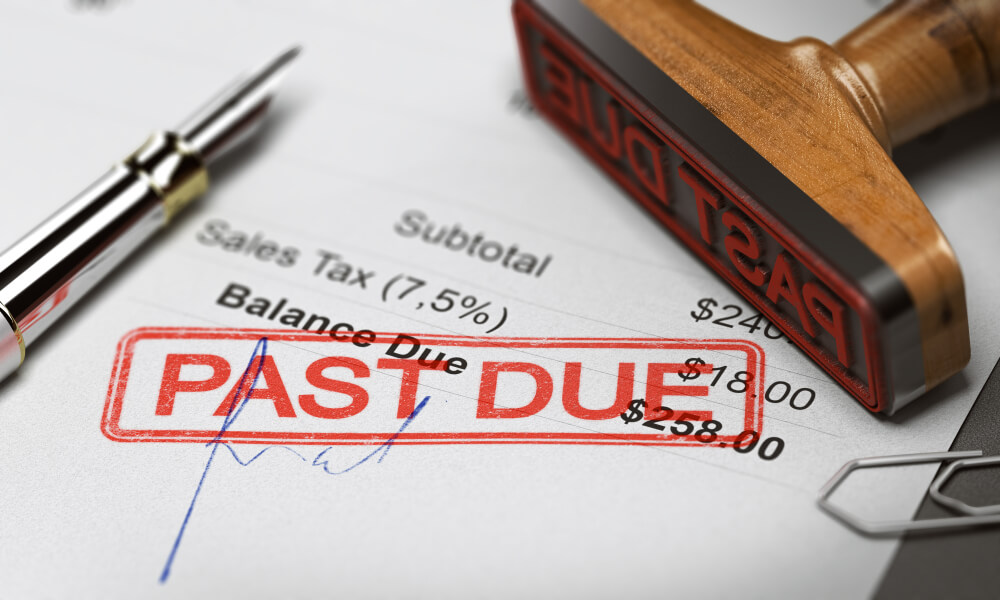
Running a business can be exciting. You’re your own boss, you set the rules, and you’re working for yourself.
Like all things, there are pitfalls to owning a business. If you have the vision and drive to be successful, but your money management skills are a bit elementary, the hard work you put into the company can render itself useless when cash flow becomes non-existent.
How do you pay the bills when you’re virtually down to your last dollar?
One key factor that some business owners tend to overlook is debt or more specifically the recovery of unpaid debts.
Is Debt Recovery Easy?
In some sense, yes.
As long as you see that there is an outstanding debt for services rendered, or a product delivered, then you are in a position to solicit payment. The longer you wait, the harder it might be for you to recover unpaid dues.
This does not give you the license to threaten anybody, though.
Depending on the amount that’s being talked about, some business owners might be tempted to resort to abusive language or behaviour to get the debtor to pay up.
Does this improve your chances of getting your money back? No, but it can run the risk of affecting the business relationship with your client.
Guidelines for Debt Collection
The Australian Consumer Law or ACL has guidelines that creditors need to be aware of before they pursue anyone.
Physical Contact is a Hard No
No one wants to be harrassed in any way, and if you engage in physical force or coercion, you could be in big trouble.
Negotiate with the debtor, avoid abusive language and behaviour at all times, and act within reason.
Little White Lies
Be careful of what you say because lying to the debtor could also lead to trouble.
There has been a case of a company that pretended to be an independent debt collection agency in their efforts to pursue debtors. They were found out eventually, and had to pay a fine of at least $500,000.
Taking Advantage
Debt collectors are prohibited from taking advantage of a debtor, especially when it is obvious that the person has a disability (mental or physical); too old; or lacks the knowledge of their situation.
Despite having debt, be the better person and be objective about the situation. If it is clear that the person in question is struggling to cope or understand the situation, suggest that they seek assistance.
When To Enlist The Help of a Debt Recovery Agency
Usually most companies hire a debt recovery agency when their client has been less cooperative or responsive than usual.
In other words, if you have done your part in reminding the client of their debt and they clearly have been avoiding your call or email, getting an agency to help you on your behalf might be the next plan of action.
Some business owners go straight to an agency without attempting to recover the debt themselves. Their reason for doing so is to preserve the business relationship with the client. As much as possible, they’re hands off as it might affect any future transactions with this particular client.
Typically, a debt collection agency needs to see paperwork before taking up any case. Paperwork includes a contract (if any) and contact details. Having no paperwork doesn’t mean you can’t go after a debtor. It just makes it slightly more difficult, as the terms aren’t in black and white, but it doesn’t invalidate your claim to a debt.

Recovering Debts Takes Time
It’s not a simple case of “Okay, here’s a friendly reminder of your debt. I expect to be paid by this date.”
It’s always a case by case basis, even when you approach a debt recovery agency. Consider the following factors:
- Are your contact details of the debtor complete and up to date?
- Is the debtor in question in receivership or administration? A lot of businesses don’t have assets to liquidate and may be in the process of receivership or administration.
- Insider information can be a great help. If you know a thing or two about the debtor and you feel that this can potentially affect debt recovery, do share. For example, if the debtor has had past court actions taken against them, this could be a factor the agency would want to be aware of. Whatever information you can share, as long as it is true, then make sure to inform the agency. This will help them determine whether a case is worth pursuing or not.
What about debts greater than six years?
There is also what is called the “statute of limitation”. Except for the Northern Territory, it is six years since the last recorded invoice, or acknowledgment of debt. This means that if the six years has lapsed, then you are not in a position anymore to recover debt owed to you, but there are other factors and terms that you should be aware of, especially when the debtor has acknowledged the debt.
For example, when the debtor has acknowledged the debt, or a repayment scheme has been agreed upon, the statute of limitation could possibly restart again. Such a case depends on your circumstances; an agency, along with their legal team, will be able to determine whether this situation is plausible for you.
Can recovery be guaranteed?
Unfortunately no. No reputable debt recovery agency will make such claims.
There are reasons why an agency cannot simply guarantee that you can get your money back, and one of them includes further study and investigation down the road on the part of the agency.
For example, if the debtor has no assets, is in liquidation, or is in court for a similar reason, then these are factors that an agency would factor in. In no way can an agency guarantee recovery of lost debt; even if you build a strong case against a debtor, and you take legal actions, things could still go downhill.
The best an agency can do is show you their success rate from past clients, and walk you through the process so you have a general idea of what’s going to happen. Again, even if the agency has a 100% success rate, it is a case to case basis for every client they come in contact with.
As you engage with an agency, a good rule of thumb is that the longer it takes, or the longer you wait, the less likely you can get your money back. While the debt is still fresh, it is best to be proactive and start collecting.
Does it Matter How Much the Debt Is?
Of course not. Any amount owed to you is still a debt, regardless of whether it’s $500 or $5000. Some agencies do have a minimum debt before they can begin pursuing the debtor so make sure to ask if the agency has one.
Conclusion
The chances of recovering debt is always best dealt with as soon as possible. Letting it wait for whatever reason would be irresponsible and foolhardy on the part of the business owner. Don’t make debt another thing you should be worrying about; contact a debt recovery agency today.





















